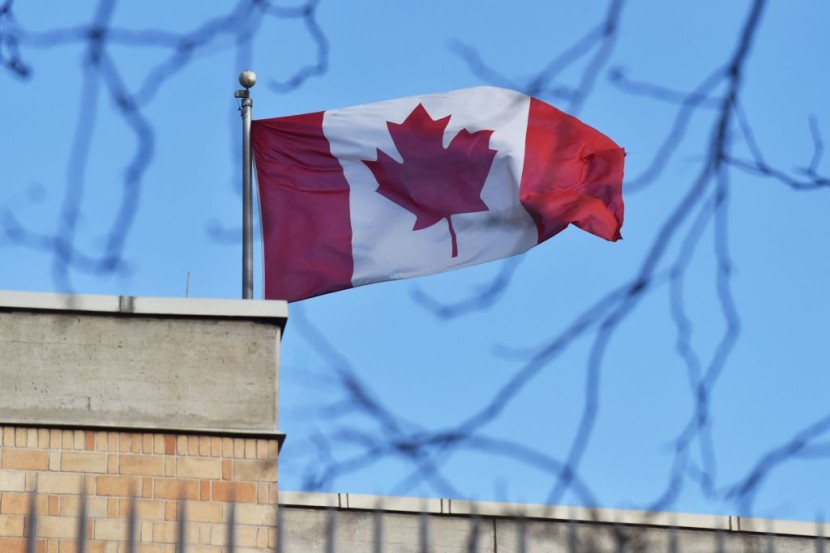
Robert Schellenberg, a Canadian citizen, was sentenced to death by a Chinese court. Since 2014, when he was accused of attempting to transport 225kg of methamphetamine to Australia, the Canadian has been jailed in China.
He has maintained his innocence throughout the process. Schellenberg was sentenced to 15 years in prison in December 2018; but after filing an appeal, a retrial was scheduled. The Dalian intermediate people's court, instead, ordered his execution. A Chinese court affirmed the death penalty for a Canadian man convicted of drug trafficking on Tuesday, the latest in a string of judicial cases that has strained relations between Beijing and Ottawa.
China court's decision came as Canada ruled Meng Wanzhou
Robert Lloyd Schellenberg, a Canadian, was originally sentenced to 15 years in prison for trafficking methamphetamine. However, one month after Canadian police detained Meng Wanzhou, a Chinese telecommunications equipment executive, he was sentenced to death in a one-day retrial in 2019.
The court's decision on Schellenberg's appeal came as Meng's case in Canada reached its conclusion. She is resisting a request from the US for extradition on fraud allegations. The arrest of Meng Wanzhou, Huawei's top financial officer, heightened relations between Canada and China.
Two Canadians, former diplomat Michael Kovrig and businessman Michael Spavor, were imprisoned in China shortly after Meng was arrested on spying allegations. They were tried in March and the results are still pending. A lower court had determined that Schellenberg conspired with others to transport methamphetamines, The New York Times reported.
Hu Xijin, the editor of the Communist Party-owned Global Times newspaper, warned in 2018 that if Meng was extradited, China's retribution would be far worse than arresting a Canadian. Schellenberg's attorneys had told him that if he appealed his 2018 conviction, he may face a harsher term.
Foreigners found smuggling or trafficking drugs in China face harsh penalties. Anyone caught possessing more than 50 grams of a restricted drug might be sentenced to death. Meng, who is also the daughter of the founder of the Chinese tech firm, was freed on bail pending an extradition hearing to the United States on allegations of breaching Iran sanctions, as per CNN.
Read Also: North Korea Says South, US Will Face Security Threats as They Start Preliminary Military Exercises
Canada condemns China's death sentence to Schellenberg
Guy Saint-Jacques, Canada's ambassador to China from 2012 to 2016, feels Schellenberg is being held up as an example. In addition to Schellenberg's death sentence, two long-running espionage cases involving jailed Canadian nationals, Michael Kovrig and Michael Spavor, are set to be decided by Chinese courts.
Beijing has denied any relation between cases involving Canadians in China and Meng's fate on several occasions.
If the defendant files an appeal and the second-instance court orders a retrial, the original trial court cannot increase the defendant's sentence unless the prosecution produces fresh evidence, according to China's Criminal Procedure Law.
Per Global Times, Schellenberg requested a new trial after the retrial. According to the law, the Liaoning High People's Court formed a collegial panel, held a public session to try the case, and concluded that the facts established in the first trial were clear; the conviction was correct; the evidence was true and sufficient; the sentence was appropriate, and the trial procedure was legal
During the second trial, the court upheld the appellant Schellenberg's legal rights to defend himself and participate in the proceedings in his language, and listened to his defense with the help of two interpreters. The judgment was attended by officials from the Canadian Embassy in China, National People's Congress delegates, members of the Chinese People's Political Consultative Conference, and members of the general public.
Related Article: Kris Wu Allegedly Attempts to Take His Life Amid Sexual Assault Accusations; Video Shows Life in Prison
@YouTube








